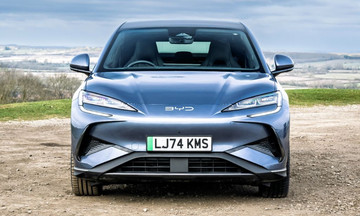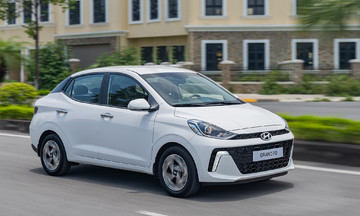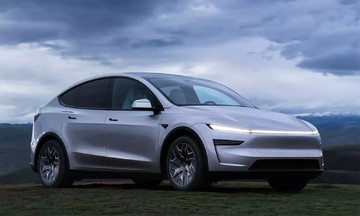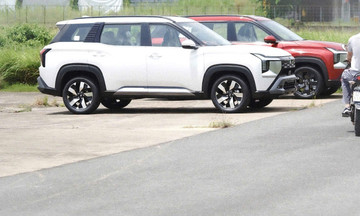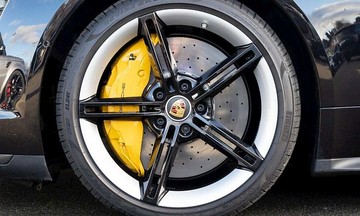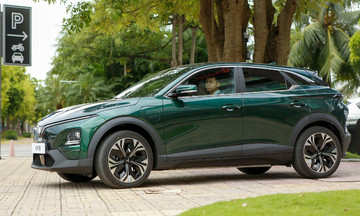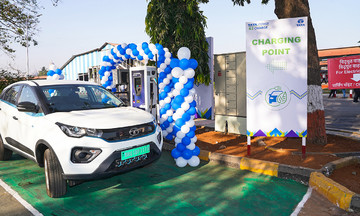Amidst trade tensions between Japan and the US, Japanese automakers are exploring collaborations to boost US production and mitigate tariff impacts.
Previously, the companies discussed a merger to create the world's third-largest automaker, but talks collapsed when Nissan rejected Honda's proposal. Now, facing growing tariff concerns, they are moving towards renewed cooperation.
Nissan is considering producing pickup trucks for Honda at its Canton, Mississippi plant, which currently focuses on models like the Frontier mid-size pickup. Under the proposed agreement, Nissan would manufacture pickups under the Honda brand, which Honda would then sell in the US.
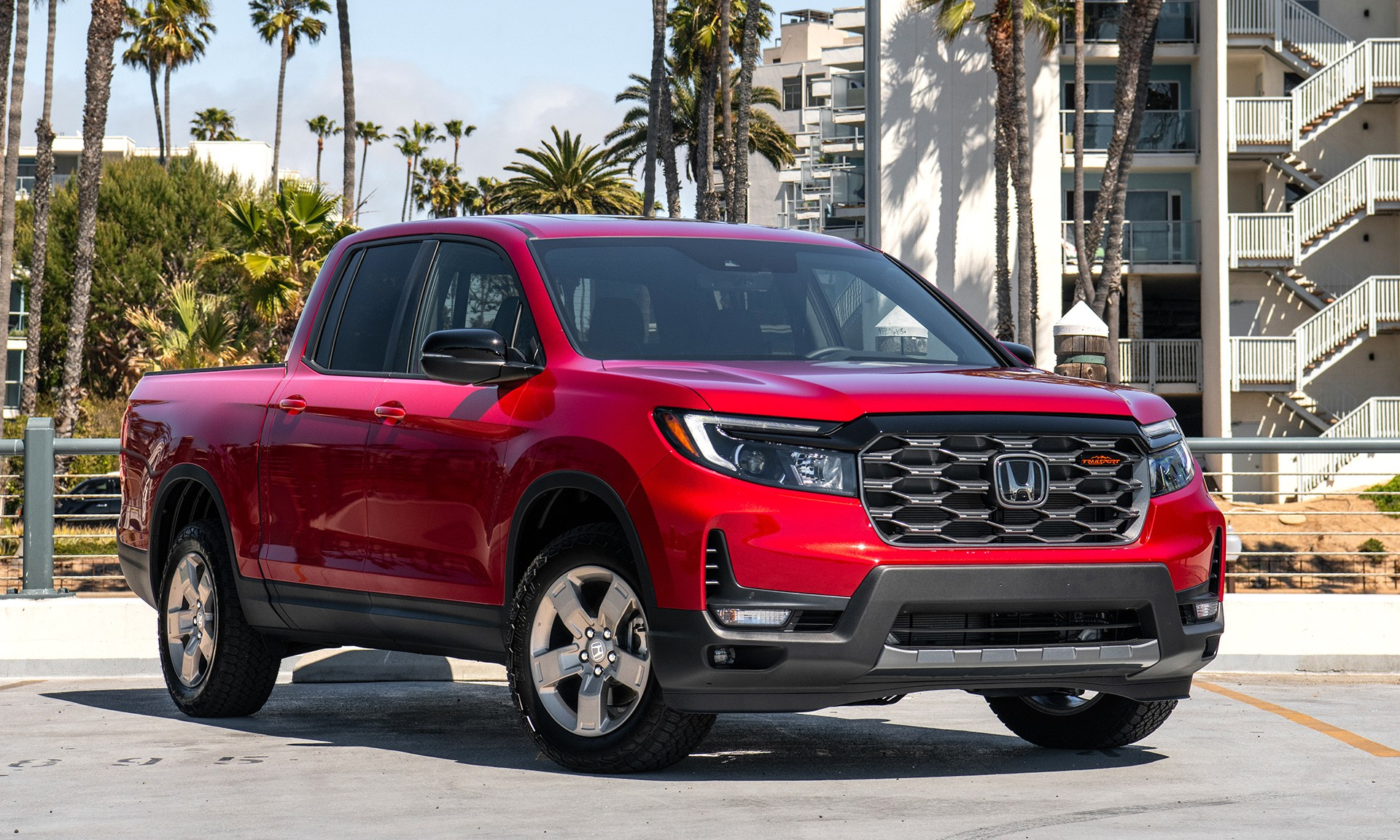 |
The Ridgeline, the pickup truck currently produced and sold by Honda in the US. Photo: Honda |
The Ridgeline, the pickup truck currently produced and sold by Honda in the US. Photo: Honda
Pickups account for 20% of new vehicle sales in the US market. Honda currently only offers a small truck model there. Partnering with Nissan could give Honda access to consumers seeking larger pickups.
This agreement offers benefits for both companies. US tariffs are projected to impact Honda's operating profit by approximately 650 trillion yen (4.42 billion USD) in the fiscal year ending 3/2026, while Nissan could face losses of up to 450 trillion yen (3.06 billion USD).
Japanese automakers rely heavily on US exports, with 47% of Nissan's and 32% of Honda's US sales coming from vehicles produced overseas. Local production is increasingly crucial to minimize tariff risks.
While Honda has five US plants, ramping up local production takes time. A supply agreement with Nissan would allow Honda to quickly increase production of competitive models without heavy investment in development.
Nissan faces underutilized capacity at its global plants due to sluggish sales. According to MarkLines, its Canton plant operated at only 57% capacity in 2024, below the 80% break-even point. Producing vehicles for Honda could increase capacity utilization, potentially benefiting Nissan's profits.
The Trump administration's tough stance on trade talks includes threatened reciprocal tariffs on Japan and other countries starting 1/8, nearly matching those announced in April.
Deep disagreements remain between Japan and the US regarding auto tariffs. Japanese automakers' commitment to increasing US production could become a bargaining chip in future negotiations.
Merger talks between Nissan and Honda began in late 2024 but failed to reach an agreement, ending in February. Back at square one, the two companies are considering ways to work together again.
Concerns about the impact of US tariffs have led to frequent meetings between the two companies' leaders since April. Although both have ruled out reopening merger talks at this stage, they plan to start by collaborating in areas of mutual benefit to rebuild their relationship.
My Anh (Nikkei)



